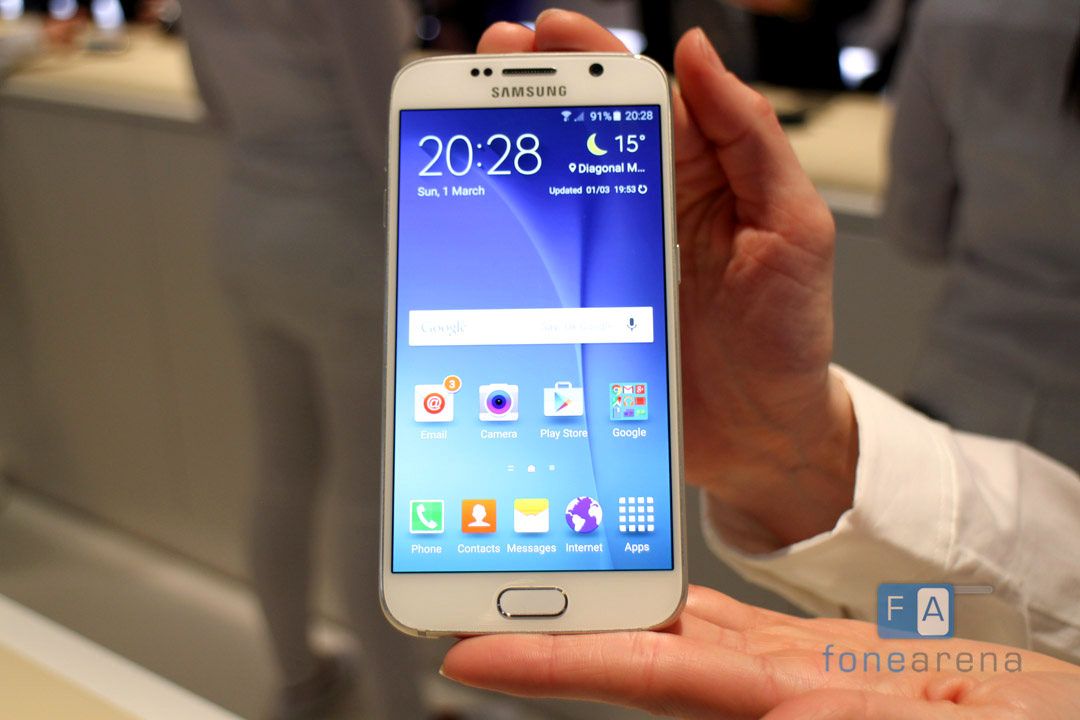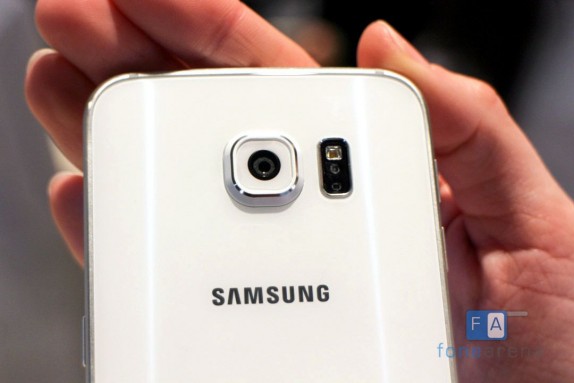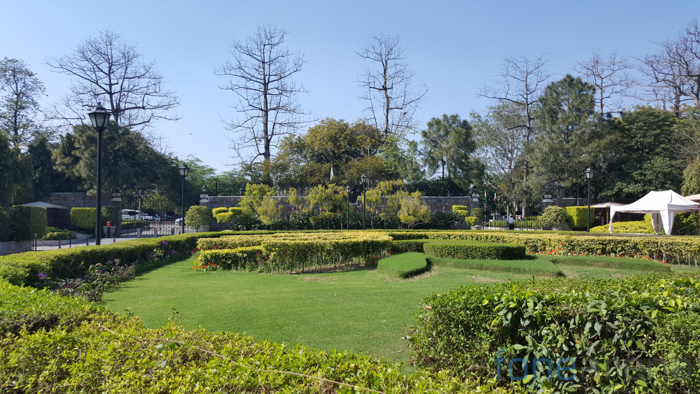

The internet is abuzz with talk about the Samsung Galaxy S6. Touted to be the best Android handset out there, it has a lot riding on it’s shoulders. But specifications aside, tangible improvements in real life use cases are what interest us more. The Galaxy series of phones have usually carried great cameras. Cameras that can stand shoulder to shoulder with the iPhone that is regarded to have the best smartphone camera this side of the relatively niche PureView devices. Can the Samsung Galaxy S6 kick it up another notch and deliver a better experience both in terms of image quality and the shooting experience? We spent a bit of time with the handset to find out just that.


On paper, the Samsung Galaxy S6 has definitely got improvements to show in the camera department. The sensor on board is a Sony IMX240 unit unlike Samsung’s in-house ISOCELL units used on certain prior Galaxy devices. This is paired with an f/1.9 lens and optical image stabilization which means that not only will you be letting more light into the camera unit itself but the combination of digital & optical stabilization will further assist low light photography. While we didn’t test out the camera in low light, we did get to take it around for a few minutes to check out what exactly is possible with the hardware. The bright summer sun did make it an interesting shooting scenario to see how the camera would cope with colors. The proof is in the pudding though so follow along as we take a look at images straight from the Samsung Galaxy S6.
Damp grass with the sun beating down on it can be a bit of a challenging subject if only for the fact that light bouncing off the greenery makes it hard to capture the true colors. The Galaxy S6 has done an admirable job here with natural looking colors. Sure, you can tweak the settings a bit to make it more saturated and crispy but we quite like what we got straight from the camera. Additionally, the level of detailing is really very good. In a 1:1 crop (not shown here) the Galaxy S6 showed limited noise even in the shadow regions and there was no color leakage or loss of details.
Similar lighting and but in the opposite direction. Here is a shot of the hotel lobby from where we took the first shot. The marble surface has a tendency to reflect light which has resulted in a shot that looks slightly washed out. That said, the phone hasn’t done a bad job at all.
Samsung has talked a lot about the front facing camera on the Samsung Galaxy S6. The front unit is a 5MP sensor and once again has an f/1.9 lens which should make it quite handy for video calls and taking selfies in not so great light. The front camera too gets real time HDR just like the rear camera. As you’ll notice in the shot above, the Galaxy S6 certainly takes very good shots from the front camera too. The subject is in focus and is well lit. The stark difference in lighting means that the backdrop could very well have been washed out but the real time HDR has certainly helped in that.
Here are the full resolution samples – Sample 4, Sample 5, Sample 6, Sample 7, Sample 8, Sample 9
Additional photo samples embedded above will give you a better look at close up shots and also how well the HDR functionality works but for now let’s talk about the shooting experience. In our brief time with the handset, we felt that Samsung has definitely cleaned out the interface a lot. Even if it is ‘inspired’ by others, we do appreciate the changes made here. The Pro Mode is a useful addition even in it’s slightly limited scope. The only area we felt lacking was the occasional slow down in focussing which we are willing to owe to the device being a pre production unit. That said, we will definitely be following up on this once we have our review unit in. All in all, the Samsung Galaxy S6 is a solid performer in the camera department just as you’d expect it to be. We’ll put it through a more rigorous camera test once we have our unit in but initial impressions most definitely do not disappoint.

